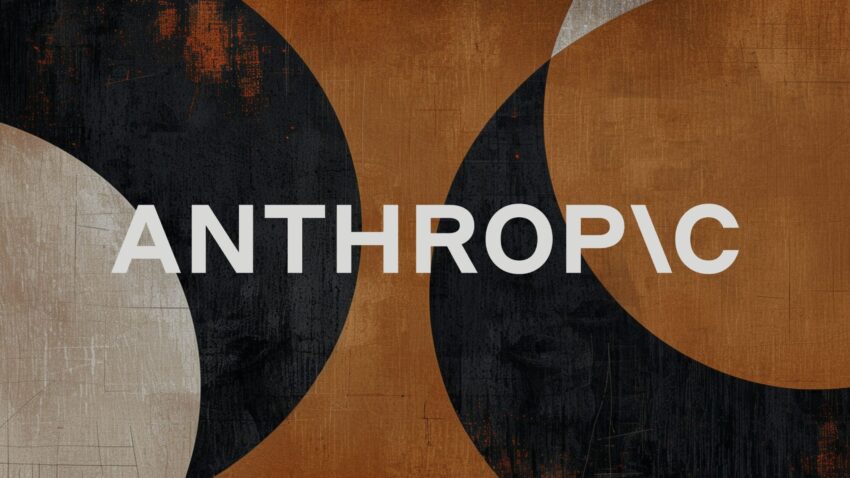If you’re tired of censorship and dystopian threats against civil liberties, subscribe to Reclaim The Net.
A new ruling from a California federal court has given Anthropic a boost in the ongoing battle over how AI models are trained, determining that using physical books purchased legally and converted into digital format qualifies as fair use, so long as the material is only used for training purposes.
The ruling is forming part of a precedent in the battle between AI companies and copyright.
US District Judge William Alsup clarified that the decision is narrowly tailored, applying strictly to printed books that Anthropic bought, disassembled, scanned, and then fed into its large language models.
We obtained a copy of the ruling for you here.
This segment of the lawsuit ends in Anthropic’s favor.
The litigation was initiated by authors Andrea Bartz, Charles Graeber, and Kirk Wallace Johnson, who allege that Anthropic used copyrighted works acquired without permission to develop its Claude family of AI systems.
Their complaint is one of several currently challenging the boundaries of copyright law in the age of generative AI.
Judge Alsup backed Anthropic’s approach to digitizing physical books, describing the use as transformative and thus permissible.
He likened the authors’ argument to one that might object to educational practices: “Authors’ complaint is no different than it would be if they complained that training schoolchildren to write well would result in an explosion of competing works.” He further noted that copyright protections are intended to support the creation of original material, not prevent competition.
At the same time, Alsup was firm in rejecting any notion that downloading books from pirate websites could be considered fair use.
Even if the pirated material wasn’t used directly in training, storing it in the company’s central data library raised legal concerns.
“This order doubts that any accused infringer could ever meet its burden of explaining why downloading source copies from pirate sites that it could have purchased or otherwise accessed lawfully was itself reasonably necessary to any subsequent fair use,” he wrote.
The upcoming trial will determine what consequences, if any, Anthropic faces for handling unlawfully obtained content.
In a statement Anthropic spokesperson Jennifer Martinez welcomed the court’s view of the company’s training methods, saying, “We are pleased that the Court recognized that using ‘works to train LLMs was transformative — spectacularly so.’”
She emphasized that Anthropic’s aim was to innovate rather than imitate, adding, “Consistent with copyright’s purpose in enabling creativity and fostering scientific progress, ‘Anthropic’s LLMs trained upon works not to race ahead and replicate or supplant them — but to turn a hard corner and create something different.’”
If you’re tired of censorship and dystopian threats against civil liberties, subscribe to Reclaim The Net.
The post Judge Rules Anthropic’s Use of Scanned Physical Books for AI Training Is “Fair Use” in Copyright Lawsuit appeared first on Reclaim The Net.
Click this link for the original source of this article.
Author: Dan Frieth
This content is courtesy of, and owned and copyrighted by, https://reclaimthenet.org and its author. This content is made available by use of the public RSS feed offered by the host site and is used for educational purposes only. If you are the author or represent the host site and would like this content removed now and in the future, please contact USSANews.com using the email address in the Contact page found in the website menu.





